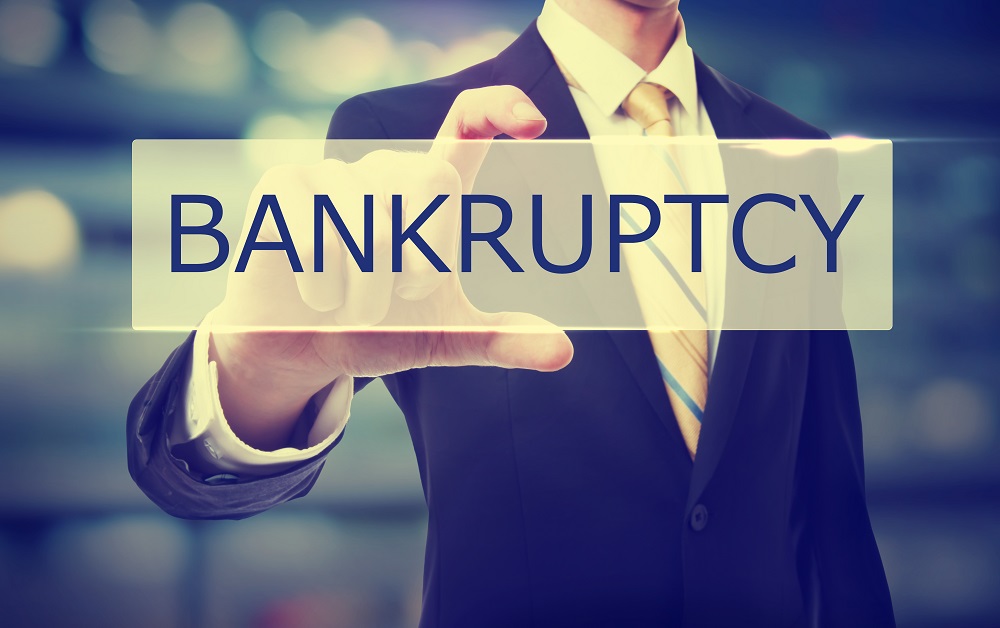Bankruptcy can be a chance to start fresh or reorganize repaying your debts. If you are considering bankruptcy, it is probably because you do not have enough assets to pay off your mounting debt. Disability or illness could be something that hampers your ability to pay. Whether or not your illness or disability affects your bankruptcy or vice versa depends on what type of illness or disability you have and what type of bankruptcy you are filing under. Overall, any payments you receive due to your illness or disability should be safe in bankruptcy.
Can I keep my disability payments during bankruptcy?
Chapter 7
If you want to file a Chapter 7 bankruptcy, you have to qualify under the means test. This means that your income level for your household must be below the state threshold. Once you qualify, the bankruptcy trustee will accumulate your nonexempt assets to pay off your creditors. Your bankruptcy will lead to a debt discharge within a few months. If you have an illness or a disability, your social security supplemental income, disability payments, or worker’s compensation payments couldA� be critical to you.
Luckily, bankruptcy laws typically prevent your disability payments from being taken from you in a Chapter 7 bankruptcy. With social security benefits, you should make sure your social security income is not commingled with other money in the bank to avoid complications.1 Whether or not commingled funds will be taken by the bankruptcy trustee depends on the trustee you are assigned. The federal government has exemptions for social security benefits including death and disability benefits as long as they are not commingled. 42 U.S.C. A� 407(a). Further, Arizona exempts all health, accident, or disability insurance as well. A.R.S. A�33-1126(A). Long term disability payments are also exempt. A.R.S. A� 38-797.11. Exemptions may also vary depending on the state you are in. Some states adopt the federal exemptions while others let you choose between federal and state exemptions. Arizona has opted out of the federal exemptions and you must choose state exemptions in your Chapter 7 bankruptcy.
Chapter 13
Unlike a Chapter 7 bankruptcy, a Chapter 13 bankruptcy is longer and results in you paying back a portion of your debt. Under this form of bankruptcy, you will be paying your creditors back through a court-approved repayment plan that can last anywhere between three to five years, typically. To keep social security and disability payments, you simply have to run them by the trustee as part of your repayment plan.2 Typically you will have to disclose your disposable income (i.e. all the money you received for six months before filing for bankruptcy) to your bankruptcy trustee.3 Some states have expressly stated that social security income is not counted in the formula to determine your disposable income. Arizona still has social security and disability income exemptions that you can use.
What happens if I become disabled or ill after declaring bankruptcy?
Chapter 7
If you become disabled in the middle of your Chapter 7 bankruptcy you will probably not have to worry as far as social security or disability payments go. Sometimes lump sum payments can cause some difficulty if not for Arizona’s exemptions. A Chapter 7 discharge comes much more quickly than one in Chapter 13, so it is likely that you will probably see the bankruptcy all the way through.
Chapter 13
It is possible to modify your Chapter 13 bankruptcy in certain circumstances. Illness, job loss, and unexpected emergencies are some of the situations that can affect your ability to make payments.4 If you have an illness or disability arise after declaring bankruptcy but before confirmation, you can explain your situation and file an amended plan for court approval.5 If you have a problem after confirmation, you will need to file a motion to ask the court to modify plan payments and explain why you need this modification as backed by proof.6
[1] Kathleen Michon, Is Social Security Safe in Chapter 7 Bankruptcy?, thebankruptcysite.org, http://www.thebankruptcysite.org/resources/bankruptcy/bankruptcy-planning/is-social-security-safe-during-bankruptcy (last visited Jan. 8, 2015).
2 Catherine Sevcenko, Can I Keep My Social Security Income During My Chapter 13 Bankruptcy?, nolo.com, http://www.nolo.com/legal-encyclopedia/can-i-keep-my-social-security-income-during-my-chapter-13-bankruptcy.html (last visited Jan. 8, 2015).
3 Id.
4 Baran Bulkat, Modifying Your Chapter 13 Plan Payment, nolo.com, http://www.nolo.com/legal-encyclopedia/modifying-chapter-13-bankruptcy-plan-payment.html (last visited Jan. 7, 2015).
5 Id.
6 Id.

